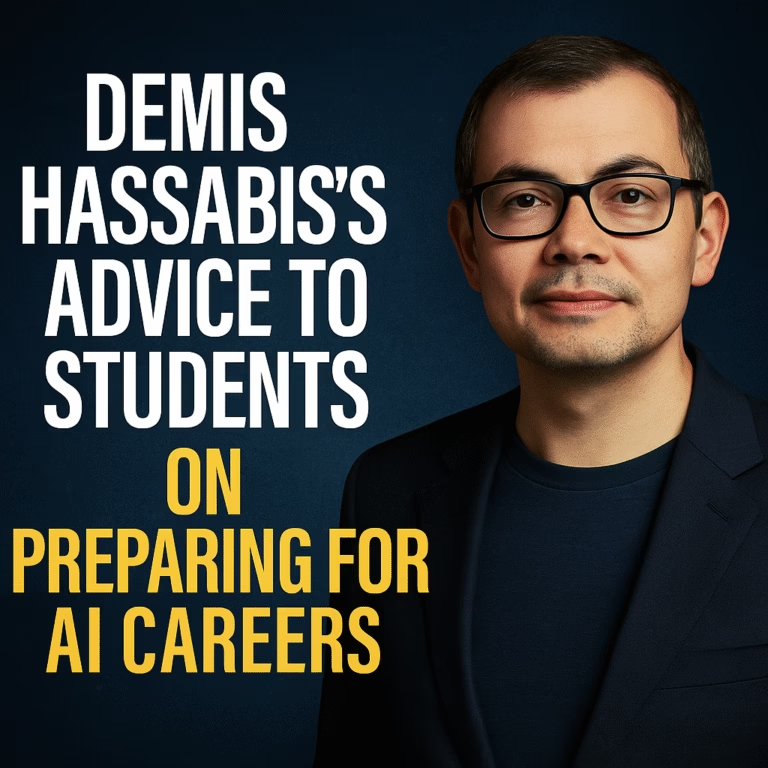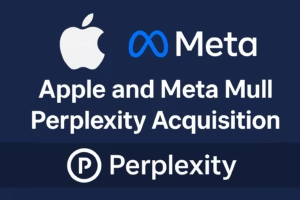Embracing the AI Revolution: Demis Hassabis's Vision for Future Education and Careers

In an era where artificial intelligence is rapidly transforming industries and redefining job roles, understanding the educational pathways that align with this evolution is crucial. Demis Hassabis, CEO of Google DeepMind and a Nobel laureate, offers insightful guidance on navigating this dynamic landscape. His recent remarks at the SXSW London conference shed light on the importance of STEM education and hands-on AI experience for students preparing for the future workforce.
1. The Imperative of STEM Education
Hassabis emphasizes that despite AI’s transformative impact a strong foundation in Science, Technology, Engineering and Mathematics (STEM) remains indispensable. He asserts that understanding the fundamentals of mathematics, physics and computer science is essential to grasp how AI systems are constructed and function. This foundational knowledge enables individuals to engage more effectively with AI technologies and contribute meaningfully to their development and application.
2. Hands-On Experience with AI Tools
Beyond theoretical knowledge, Hassabis advocates for practical engagement with AI systems. He encourages students to experiment with the latest AI tools and platforms to discover innovative and useful applications. This hands on experience is vital for developing the skills necessary to navigate and excel in an AI driven job market. As AI becomes increasingly integrated into various sectors, familiarity with these tools will distinguish candidates in the workforce.
3. AI as a Catalyst for New Job Creation
Contrary to fears of job displacement, Hassabis views AI as a catalyst for creating new, valuable job opportunities. Drawing parallels to historical technological revolutions, he suggests that AI will lead to the emergence of professions that are currently unimaginable but will become essential in the near future. This perspective underscores the importance of adaptability and continuous learning in preparing for the evolving job landscape.
4. The Emergence of AI Natives
Hassabis introduces the concept of AI natives—individuals who grow up with AI technologies as an integral part of their daily lives, similar to how previous generations were digital natives with the internet. This familiarity with AI from an early age will be crucial in fostering a workforce adept at leveraging AI tools effectively and ethically.
5. Educational Institutions and AI Integration
To prepare students for this future, educational institutions must integrate AI into their curricula. This includes offering courses on AI principles, encouraging interdisciplinary studies that combine AI with other fields and providing opportunities for students to work on real-world AI projects. Such initiatives will equip students with the knowledge and experience needed to thrive in an AI-centric world.
6. Conclusion
Demis Hassabis’s insights highlight the critical role of STEM education and practical AI experience in preparing for a future shaped by artificial intelligence. By embracing these elements, students can position themselves at the forefront of innovation and contribute to the development of technologies that will define the next era of human progress.
You Might Also Like


